Focus
Your Present Location: HOME> Focus-
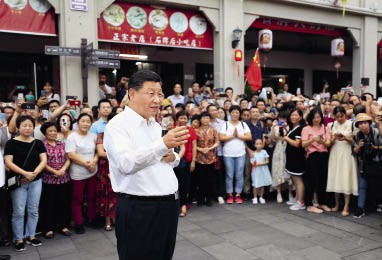
William Jones: Historic Achievements of the CPC
The Communist Party of China (CPC) has every reason to take great pride in its historic accomplishments on the occasion of its 100th anniversary. Beginning in 1921, despite the low number of individuals who were intent on pulling China out of the chaos following the downfall of the Qing Dynasty (1644-1911), while at the same time being hounded by the then authorities who suppressed everything that had a communist label, the leaders of the CPC had not been diverted from their mission, namely, improving the people’s livelihood and accomplishing the rejuvenation of the Chinese nation from the previous “century of humiliation.”
2021-07-12 -

John Ross: While the world faces ‘Brazilianization,’ China leads with national projects
A striking article, "The Brazilianization of the World," was recently published in the journal American Affairs. Its starting point was the disastrous failure of Western countries to deal with COVID-19: over 600,000 COVID-19 deaths in the US, more than 525,000 in Brazil, over 400,000 in India, 128,000 in Britain. This compares to less than 5,000 in China.
2021-07-12 -
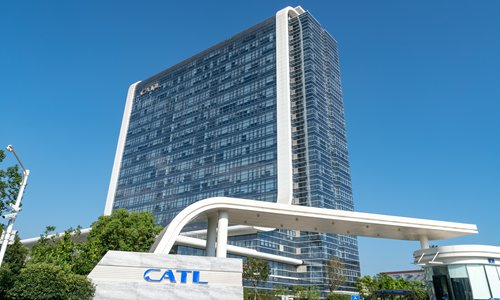
Dong Shaopeng: CATL founder passes Alibaba's Jack Ma for first time in wealth amid China’s focus on core technologies
Robin Zeng Yuqun, founder and chairman of leading Chinese electric vehicle battery manufacturer Contemporary Amperex Technology Co Ltd (CATL), has passed Alibaba founder Jack Ma Yun for the first time to become the 25th wealthiest person worldwide, according to Forbes on Thursday.
2021-07-09 -

Ding Gang: Rejecting Chinese students visa applications bad solution to US problems
The book Educated: A Memoir of Tara Westover, an American historian and writer, published in February 2018 soon became a bestseller. Bill Gates recommended it, saying, "An amazing story, and truly inspiring. It's even better than you've heard."
2021-07-08 -
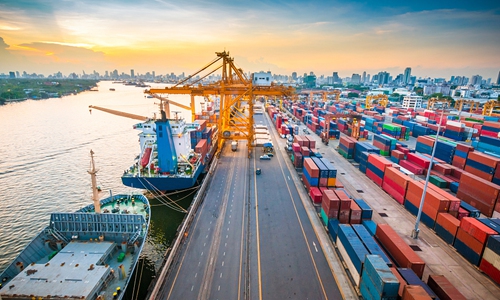
He Weiwen: US trade court suspends liquidation of some Chinese imports in a sign of progress
The US Court of International Trade (CIT) announced on Tuesday US time to grant a preliminary injunction suspending the liquidation of some Chinese imports subject to additional tariffs, a move described by trade experts as a small sign of possible and more notable progress in China-US trade talks.
2021-07-08 -

Ding Gang: Rejecting Chinese students visa applications bad solution to US problems
The book Educated: A Memoir of Tara Westover, an American historian and writer, published in February 2018 soon became a bestseller. Bill Gates recommended it, saying, "An amazing story, and truly inspiring. It's even better than you've heard."
2021-07-08 -
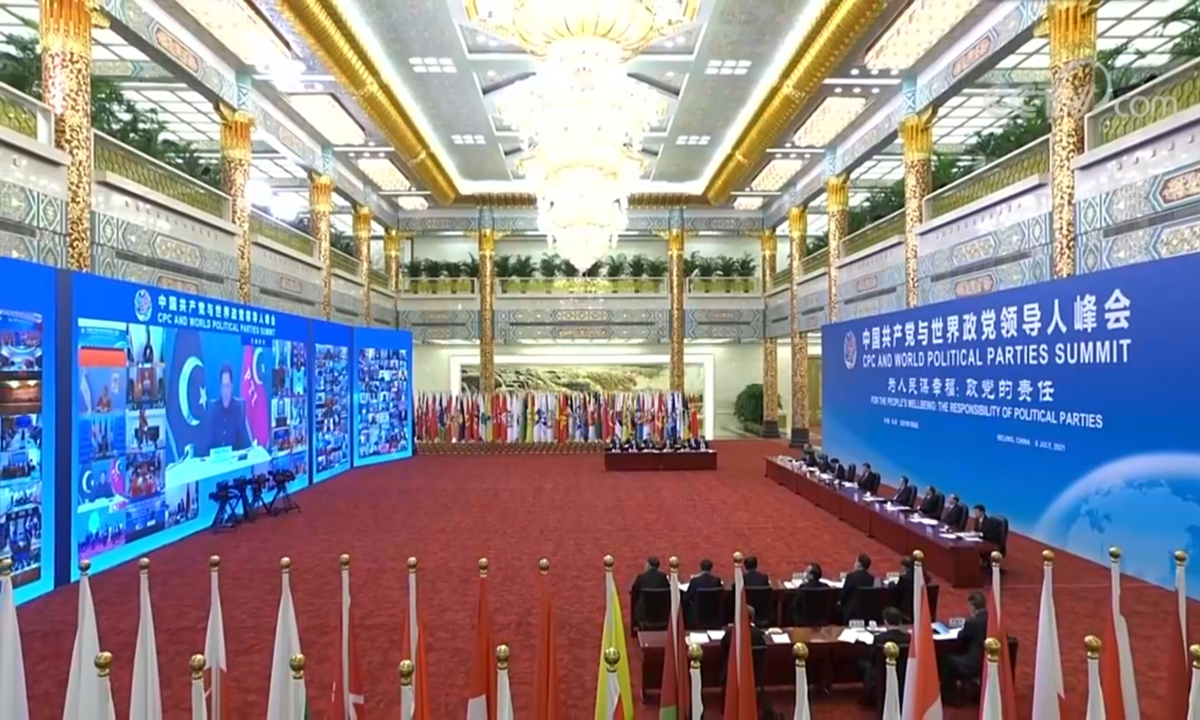
Wang Wen: True multilateralism more convincing to world
The Communist Party of China (CPC) and World Political Parties Summit, held on Tuesday, is a new climax of the 100th anniversary of the founding of CPC celebrations. It is also the largest-scale political parties’ summit with the highest level of participants held by the CPC. It is an unprecedented meeting in the history of both global politics and world political parties.
2021-07-07 -

Dong Shaopeng: China puts brakes on Didi app downloads over data violation charges
China’s cyberspace regulator has ordered the removal of the country’s largest ride-hailing app Didi Chuxing from mobile app stores following allegations of “serious violations of law and regulations” in collecting and using personal information
2021-07-07 -
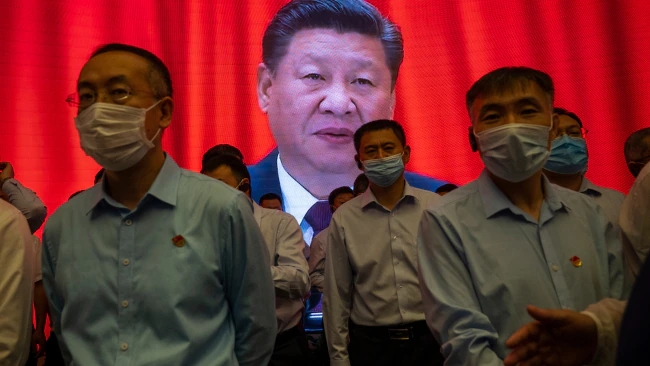
Dong Shaopeng: Chinese government puts its own tech firms in 'cybersecurity crosshairs' citing fears of US coercion
China's government has put three more Chinese internet platforms in its "cybersecurity crosshairs" citing the growing risk of cyber security coercion by the United States.
2021-07-07 -
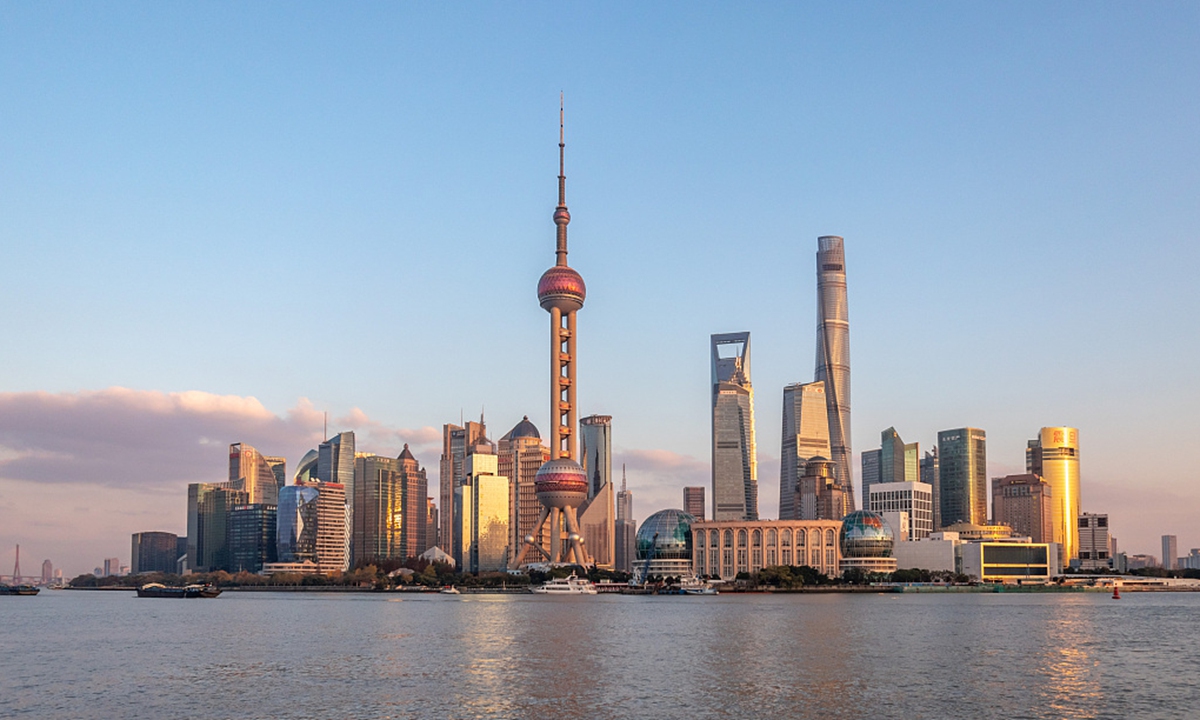
Ding Gang: Why China can attract more FDI
The lowest corporate tax rate in the world will not significantly impact China, where the corporate profit tax rate is 25 percent. High-tech companies in China enjoy a preferential corporate income tax rate of 15 percent, unaffected by the agreement. The current US corporate tax rate is 21 percent, which could be raised to 25 percent in the future.
2021-07-06 -
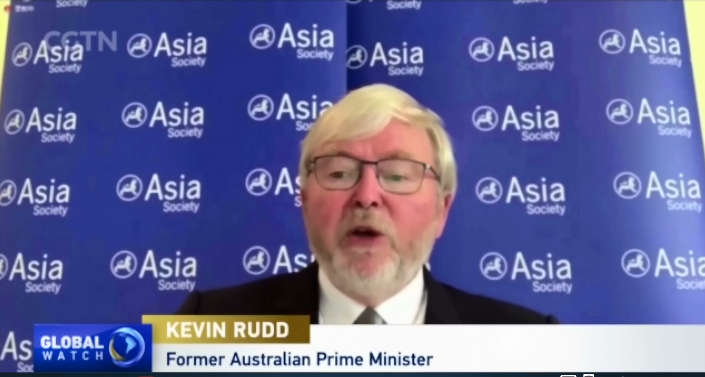
Kevin Rudd: Only two alternatives in the new age of strategic competition between China & US
Former government officials and international relations experts are calling for the world's two biggest economies to manage their relationship and find common ground, instead of resorting to harsh words and confrontation.
2021-07-06 -
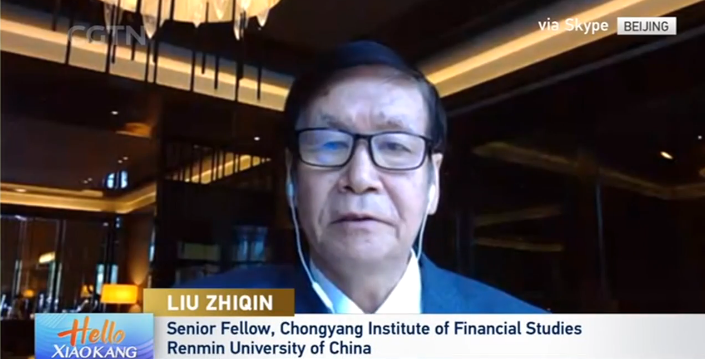
Liu Zhiqin: Electricity key element to improve living conditions in rural areas
Infrastructure construction in China's rural areas is important for their development and connectivity with cities. But building roads might not be enough. Liu Zhiqin, a senior fellow at Chongyang Institute of Financial Studies, shares his thoughts.
2021-07-06 -
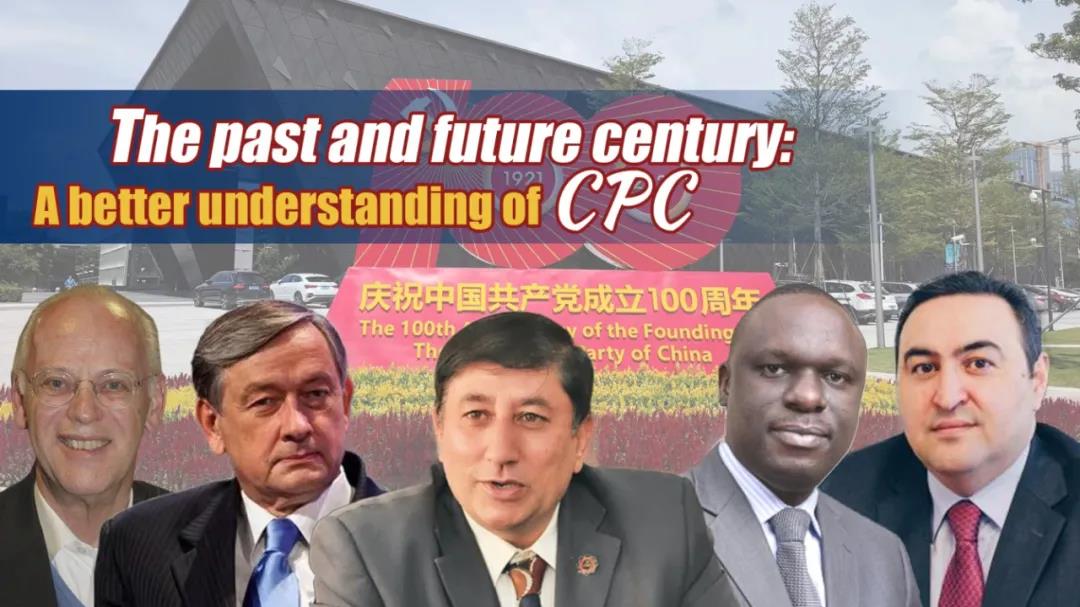
As China celebrates the CPC 100th anniversary, the world is also watching China.
As China celebrates the 100th anniversary of the founding of the Communist Party of China (CPC), the world is also watching China. Officials around the world are writing to Decision Makers of CGTN to express their opinions on the CPC’s success.
2021-07-06 -
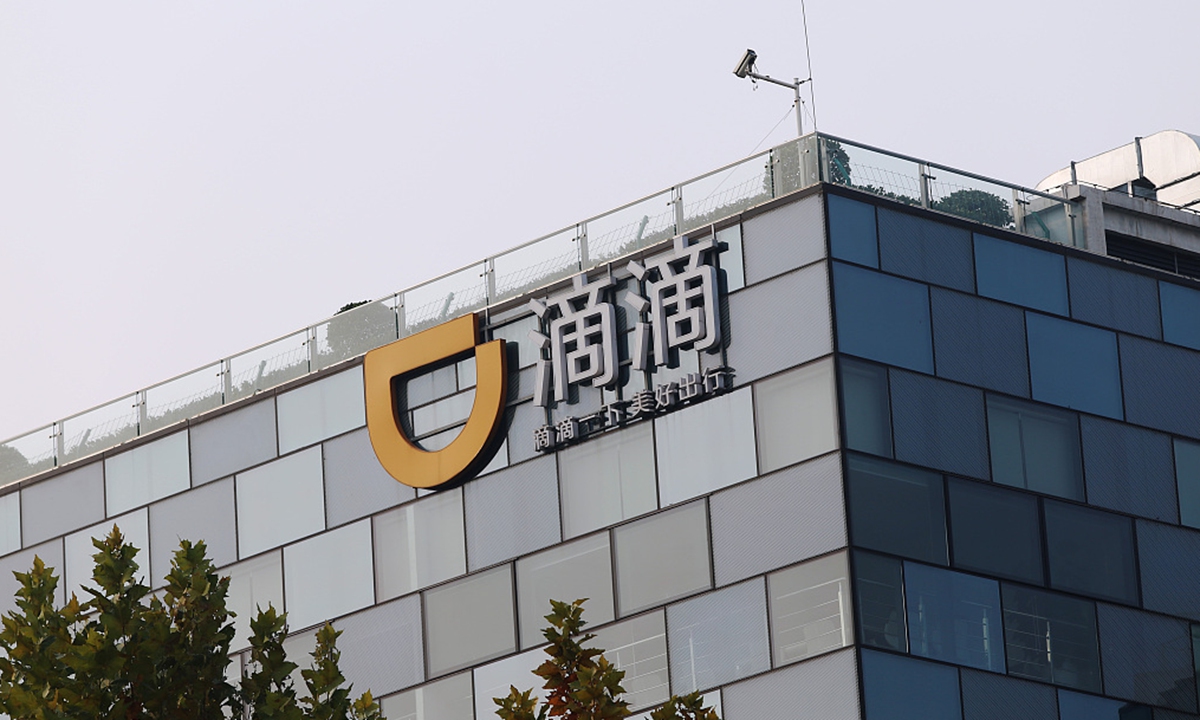
Dong Shaopeng: Chinese regulator orders app stores to remove Didi, shows resolve to enhance data protection
China's cyberspace regulator said on Sunday that it has ordered app stores to remove the nation's most widely used ride-hailing app Didi Chuxing, due to confirmed reports of "serious violations of law and regulation" in the collection and use of personal information.
2021-07-05 -
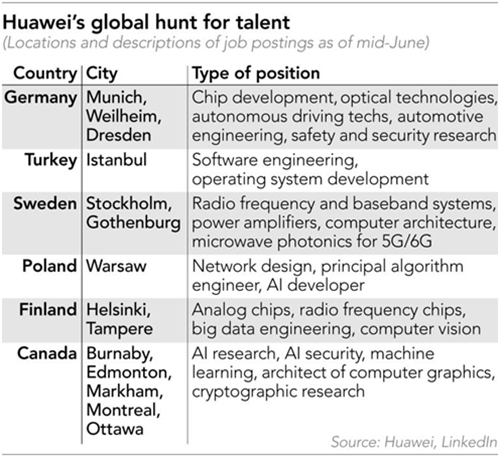
Ding Gang: The core of the US-China competition is talent
Huawei's ad recruit worldwide talent has generated a lot of attention.
2021-07-05 -
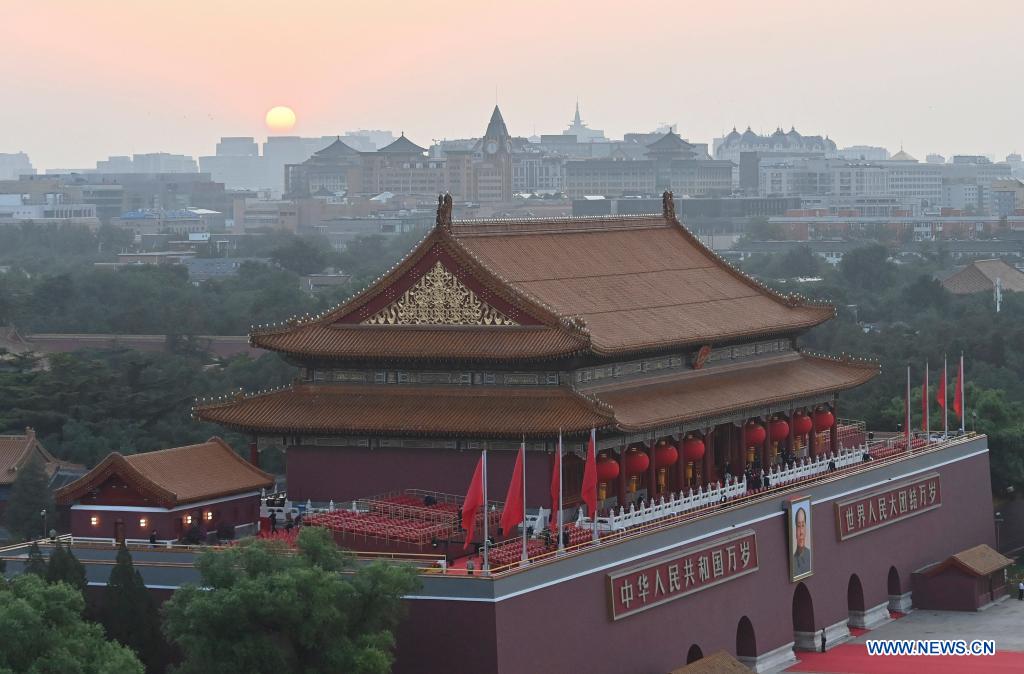
John Ross: Anniversary helps China, world engage
As the Communist Party of China celebrates the 100th anniversary of its founding, it presents the world with an opportunity to understand how it has led China to where it is today and how its governing philosophy relates to both the nation and the rest of the world.
2021-07-02 -
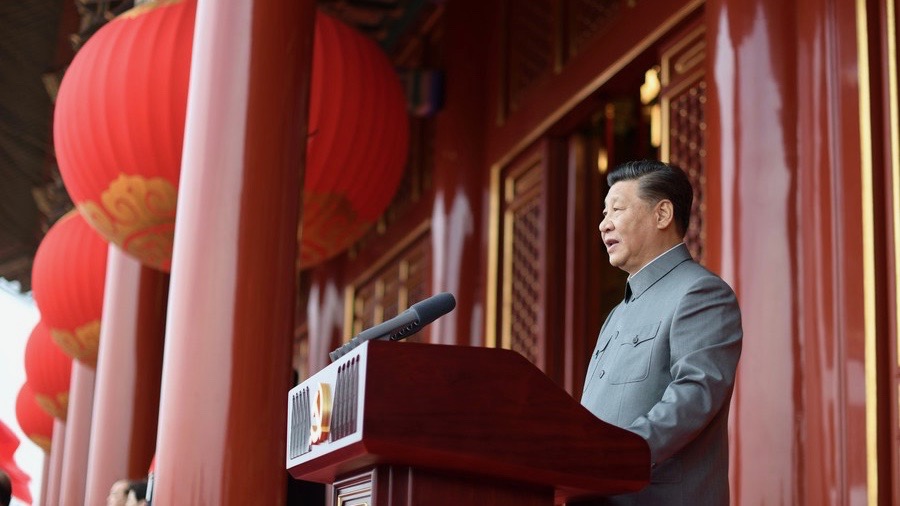
Vijay Prashad, John Ross: China pulls itself out of poverty 100 years into its Revolution
As China celebrates the major milestone of 100 years of the Communist Party of China, it also marks the achievement of the complete eradication of absolute poverty
2021-07-02 -
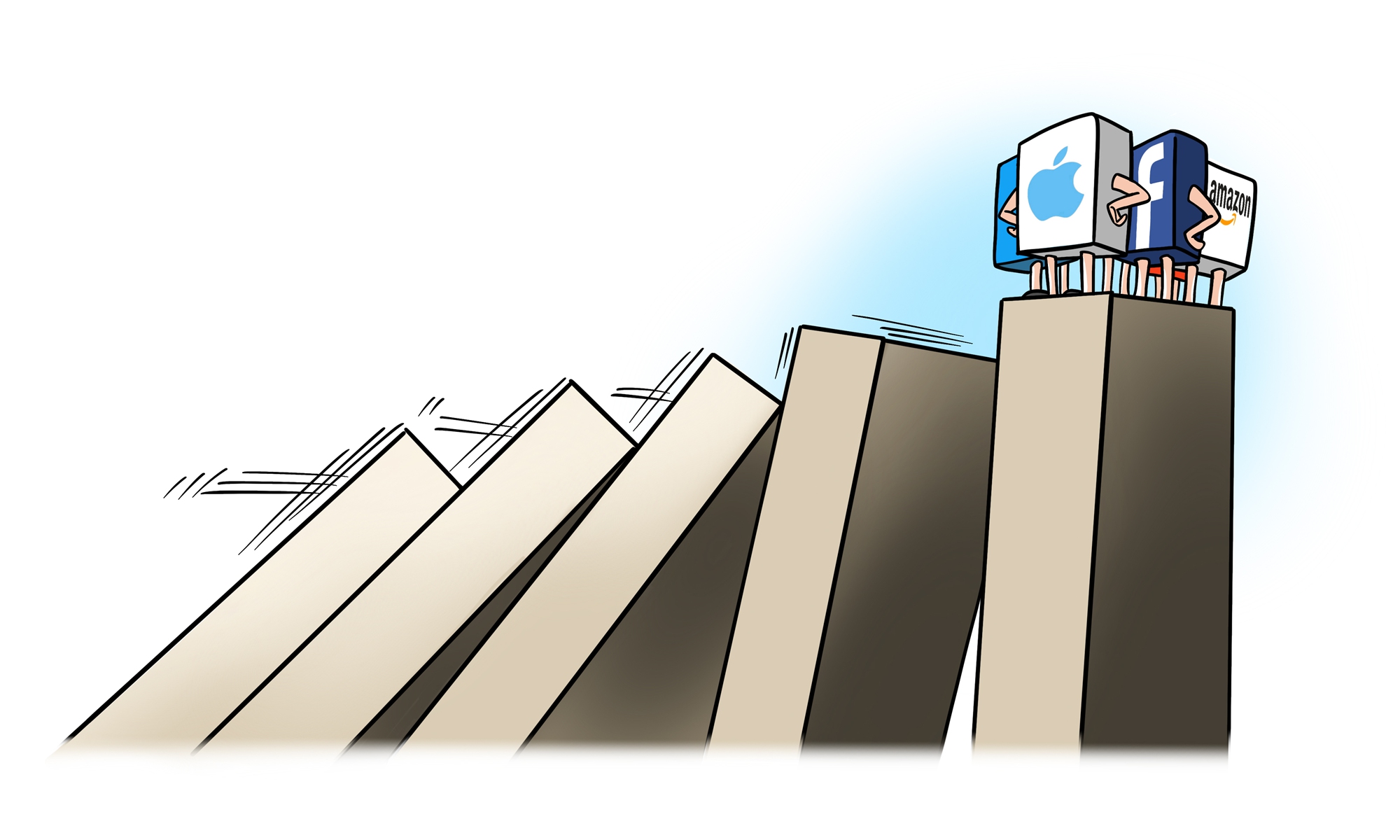
Ding Gang: Sticking strong to industrialization, China will win competition with US
The values of top five US companies - Apple, Amazon, Alphabet, Microsoft and Facebook - have increased $1.28 trillion since the beginning of the year. Analysts believe the year of 2021 is likely to be the same as last year - another year of carnival of US high tech giants.
2021-07-01 -
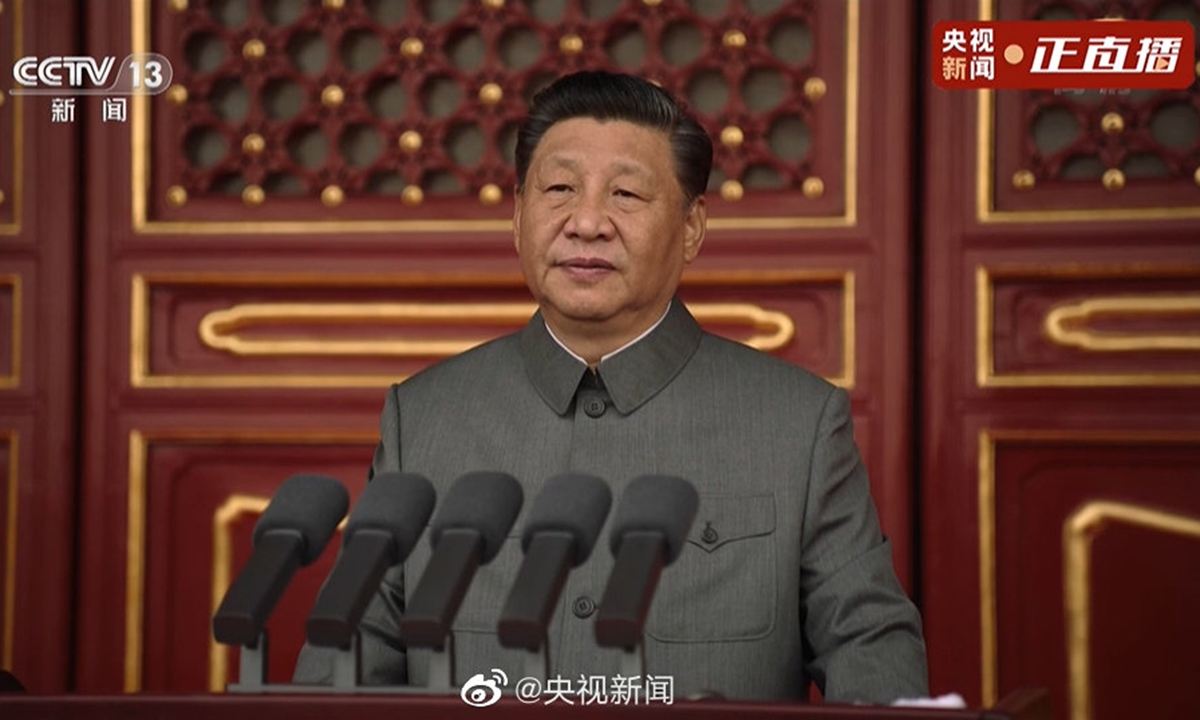
Liu Ying: China builds moderately prosperous society
At a grand ceremony to commemorate the 100th anniversary of the founding of the Communist Party of China (CPC) in Beijing on Thursday, Xi Jinping, general secretary of the CPC Central Committee, solemnly declared the completion of the goal of building China into a moderately prosperous society in all respects, marking the culmination of a 2,500-year journey of the Chinese people to pursue xiaokang - a peaceful and happy life, a century of earnest endeavor by the CPC and over four decades of relentless government efforts and Chinese ingenuity.
2021-07-01 -
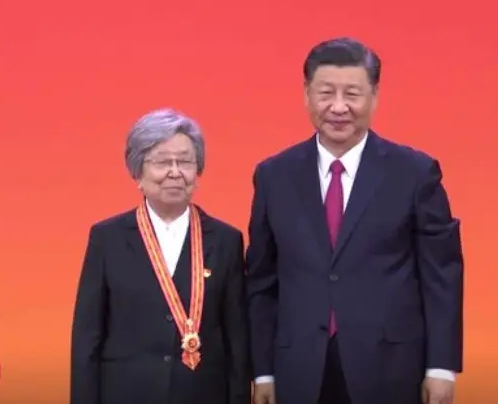
John Ross: What the 100th anniversary of the CPC means for humanity
The 100th anniversary of the founding of the Communist Party of China (CPC) is of course, correctly, in the first place an event for China. People in China, equally, naturally rightly look at it first from a national viewpoint – it is the CPC which has led China’s national rejuvenation.
2021-07-01
























































































 京公网安备 11010802037854号
京公网安备 11010802037854号





